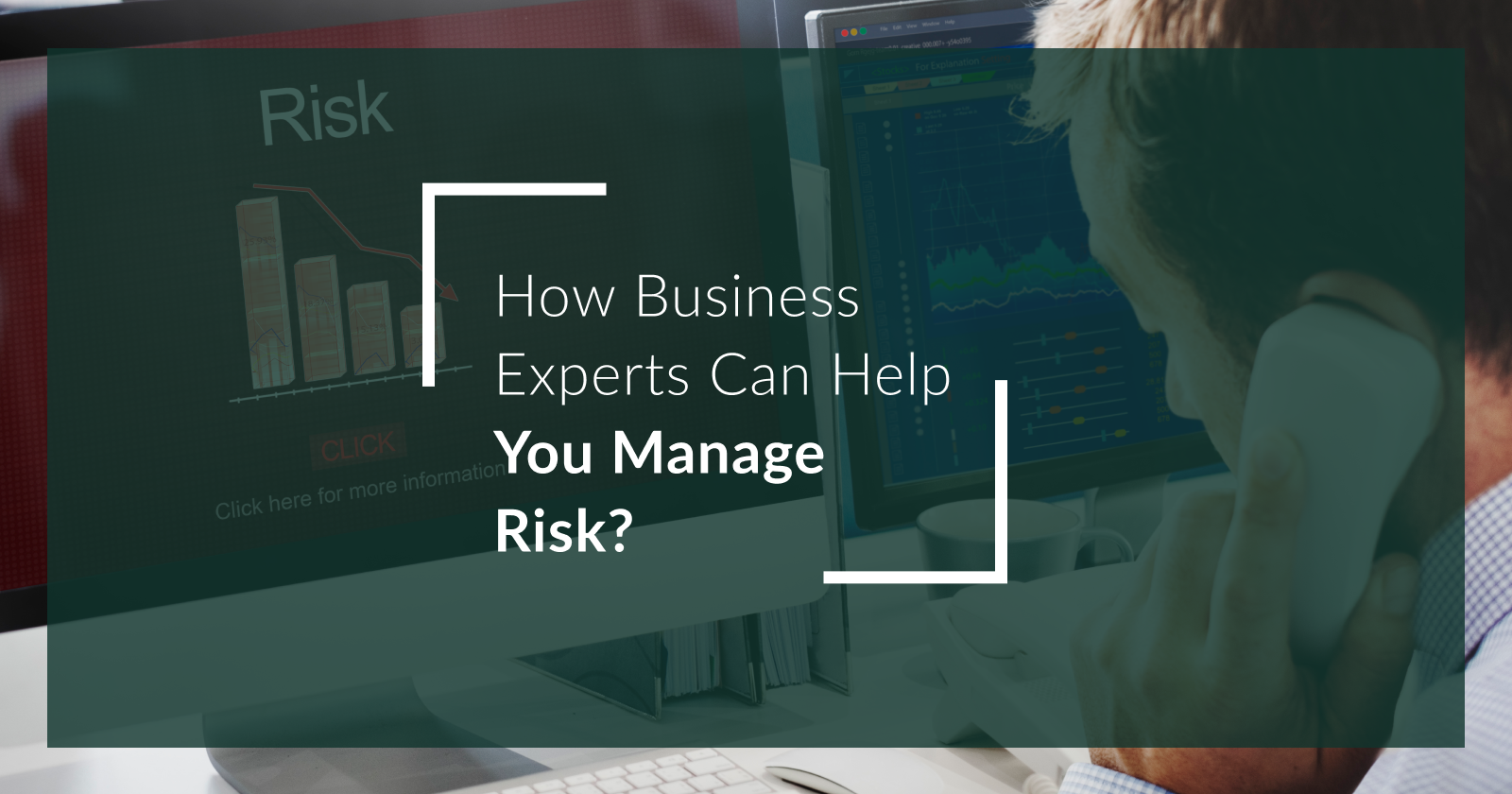
Saransh Gupta
June 06, 2024
The business world is full of exciting opportunities, but also unforeseen challenges. Every entrepreneur needs a plan to navigate these potential pitfalls, from seasoned veterans to wide-eyed startups. This is where risk management comes in. It's the art of anticipating and preparing for threats that could derail your business goals.
But how do you implement a risk management strategy? Here, we'll delve into the key steps involved and the valuable role business consultants can play in safeguarding your success.
The Risk Management Framework
Think of risk management as a five-step process:
Identify the Risks: Brainstorm with your team and a business consultant to pinpoint potential threats. Consider internal weaknesses (e.g., employee turnover) and external factors (e.g., economic downturns).
Analyse the Risk: Not all threats are created equal. A marketing consultant can help assess the likelihood of each risk occurring and the potential impact on your business.
Evaluate the Risk: Here, you prioritise risks based on severity and likelihood. A B2B consultant can guide you in allocating resources effectively to address the most pressing concerns.
Treat the Risk: Now it's time to develop a mitigation plan. Your management consultant can help craft strategies to avoid, reduce, transfer, or accept certain risks. This might involve implementing stricter cybersecurity protocols, diversifying your marketing channels, or acquiring appropriate insurance.
Monitor and Review: Risk management is an ongoing process. Regularly review your plan with your business consultant to ensure its effectiveness and adapt to changing circumstances.
The Power of Business Expertise
While the framework provides a roadmap, navigating risk management can be complex. Here's where business consultants bring their expertise to the table:
Industry Knowledge: Startup consultants understand the specific challenges faced by new ventures, while growth experts can help established businesses identify risks associated with scaling up.
The breadth of Perspective: A marketing consultant might spot a hidden marketing risk you overlooked, while a management consultant can identify operational weaknesses that could lead to financial losses.
Strategic Planning: Business consultants excel at crafting comprehensive risk management plans that align with your overall business goals.
Finding the Right Consultant
The best consultant for your risk management needs depends on your specific industry, business size and risk profile. Consider these factors when searching:
Area of Specialisation: Look for consultants with experience in your industry or with a proven track record in risk management.
Experience: Choose a consultant with a successful history of helping businesses like yours navigate challenges.
Communication Style: Ensure you can openly discuss your concerns and feel comfortable receiving constructive feedback.
Conclusion
Risk management isn't about eliminating all threats; it's about preparedness. By implementing a robust strategy with the guidance of a qualified business consultant, you can turn potential setbacks into opportunities for growth and ensure your business thrives in the face of any storm.
Feeling overwhelmed by potential risks to your business growth? Don't navigate the unknown alone.
Connect with Mr. Saransh Gupta, a seasoned business growth expert, to explore a customised risk management plan for your business.
Schedule a free consultation today and take control of your business’s future!


